|
After the cold weather of the first half of February, the rest of the month proved a significantly milder affair. Correspondingly, the Peterborough area returned to a more routine state of play after the flush of brilliant birds during the freeze.
This winter's run of divers continued, with a Great Northern Diver seen at Ferry Meadows on 20th and, a week later, another Red-throated Diver at CEGB Reservoir. It was a little surreal to watch this bird take off as I arrived and fly off high to the east (it did return, and later spent a few days at Ferry Meadows).
After a winter without sightings, I spent some time searching for Little Owls during the calm evenings at the end of February and was pleased to find at least five territories without too much effort. This is a species that seems to become increasingly difficult to see. I remember as a kid seeing them without any effort, often sitting out very conspicuously around the fens. I wonder if the increase in Buzzards, Red Kites and corvids has driven them to become more elusive, at least in the daylight hours?
After several weeks without a sniff, a sudden arrival of Russian White-fronted Geese in the local area at the beginning of March produced singles at BLGP and Deeping High Bank (the latter joining up with the former after a few days) and a nice group of six near Etton-Maxey Pits. They may have been 'trash' birds this winter, but the species is great value for the local patcher and I always enjoy seeing them around here. Handsome birds, too.
Pink-footed Geese are a little more predictable around here in winter, yet views aren't always as good as the below – a harvested beet field by the Langtoft Fen road gave great photo opportunities for a week or so until it got ploughed. The bird shown was one of two that also spent time at Deeping Lakes and along the High Bank.
I visited the Nene Washes a few times during the month. The washes were looking absolutely fantastic throughout as floodwater receded and tens of thousands of waterbirds made the most of the feeding opportunities. Among the hordes of godwits, Golden Plovers, Lapwings and dabbling ducks were some nice scarcities: Spotted Redshank, Bar-tailed Godwit and Grey Plover were all handy additions to the year list, especially as each can be very tricky to catch up with in most years. When you add in Little and Great Egrets, Common Cranes and the odd raptor dashing through, the whole experience amassed to quite an addictive spectacle.
Perhaps the biggest excitement of March came on 20th, when a report of a large bird of prey near Greatford had me sniffing around the area. Thanks to some intel from Tim Mackrill it quickly became apparent that it was White-tailed Eagle 'G371' from the Isle of Wight reintroduction scheme. It took me a couple of hours to track down this impressive beast circling high to the north of Braceborough. It then went down near Toft, where I managed some much better views, before it gained height again and was lost as a speck to the south-east. The irony was that it then spent the best part of three hours sat in a field at BLGP, completely unbeknown to me!
Cattle and Great Egrets continue to increase around here, with the former still admittedly a few years behind the latter. It doesn't quite feel the red letter day it used to when seeing either of these species, but the latter especially is always a joy to watch. A Cattle took up residence near Frognall mid-month, while Greats were seen at a few sites.
Common Cranes, too, seem to be becoming an ever-more frequent sight in the Deepings area. This pair hung around Deeping and Baston Fens for a week or so in late March before moving on, presumably due to the lack of suitably undisturbed breeding habitat.
Will Bowell found a 2cy Dark-bellied Brent Goose at Deeping Lakes on 18th, which is always a good one to get on the local year list as they tend to possess the lethal combination of being scarce and tricky to catch up with. Funnily enough, I had another 2cy in fields at BLGP at sunrise on 27th, although it quickly flew off into the pit complex, out of view, and I never saw it again!
One feature of March birding around here is Whooper Swan passage, and the final 10 days of the month produced a fantastic show of what is one of our most impressive, yet under-appreciated, migration phenomena. My Twitter thread says it all, but suffice to say that watching hundreds of these birds moving low north overhead, shortly after commencing their journeys to Iceland, is a sight I will never tire of.
Despite many other birders enjoying their earliest-ever dates for a range of summer migrants, I found that spring was slow to arrive in my corner of the Lincolnshire fens. Temperatures were hampered by a northerly breeze for much of March, making it feel really quite chilly (although there were a few much warmer days here and there). I only managed my first Sand Martins at BLGP on 19th, which is a slightly later-than-average date (but far better than the embarrassment of 1 April last year!). My first White Wagtails of the season were at Stowgate on 26th.
But it is really the first Northern Wheatear of the year that gets spring properly up and running. In 2020 I had to wait until mid-April to see one, so was really pleased when a long stroll along the River Welland at Cradge Bank on 27th produced a male and female in just about the last sheep field on my walk. I'm not going to lie, I fist-pumped when I first saw that white rump and tail flitting away from me!
In fact it was 27th that proved the day that really signalled the turning of the seasons for me. As well as the wheatears and Brent Goose, BLGP suddenly got 'hot' and produced a northbound Osprey (with distinctive white upperwing coverts on the left wing) at 08:10.
Then, an hour or so later, my earliest-ever example of perhaps our most beautiful summer migrant: this pristine male Yellow Wagtail. So luminous, and not a feather out of place!
The run continued on the final day of the month, with my first Willow Warbler singing at the pits and a couple of Little Gulls dropping in. Meanwhile, a male Garganey gave me the run-around, first at BLGP and then at Baston Fen, where I eventually connected with it in the evening. It was very unsettled and elusive, though, and had gone by the next morning.
0 Comments
Leave a Reply. |
This pageThe musings of a wildlife enthusiast, usually armed with his camera. Archives
May 2024
|
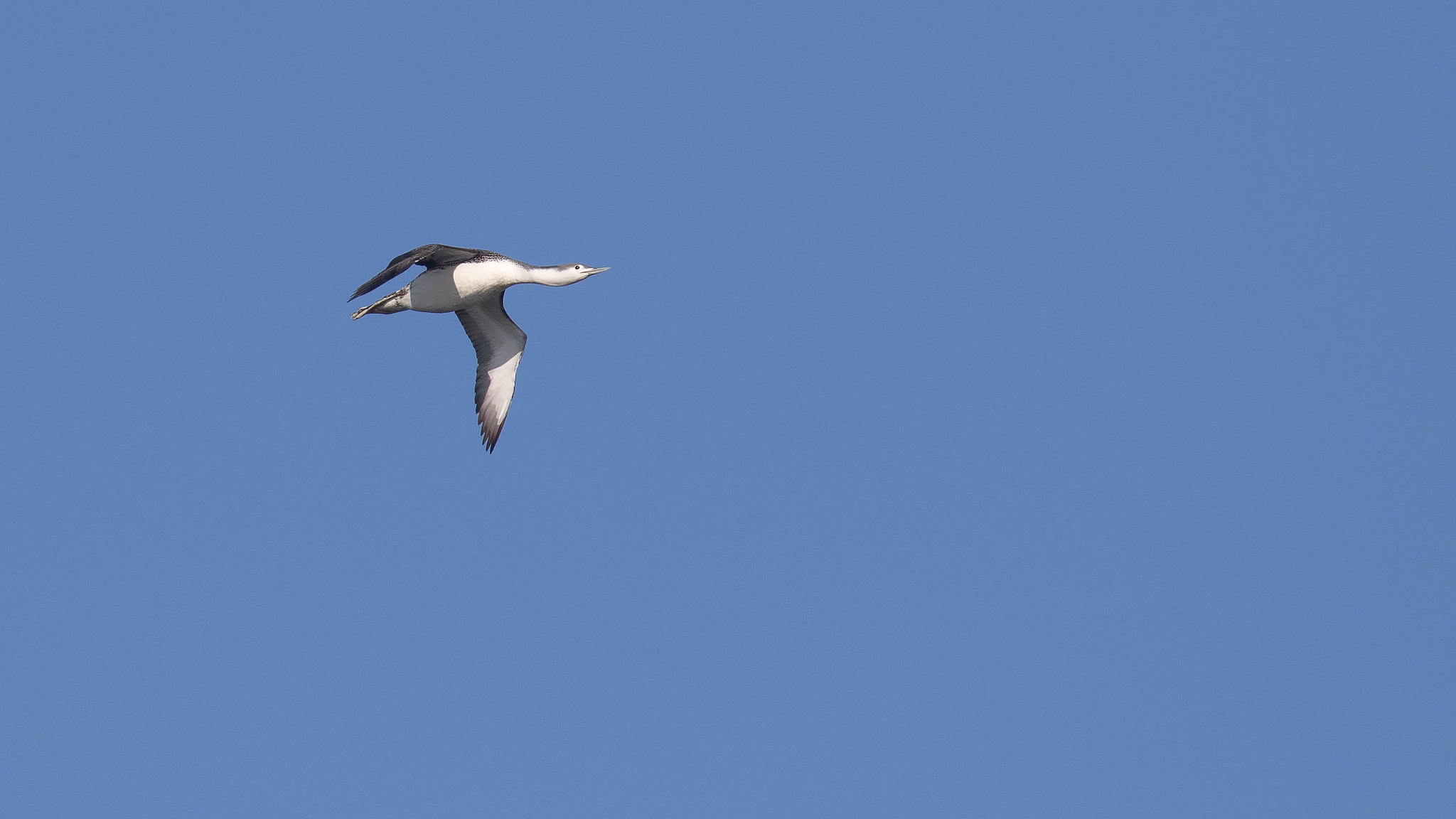
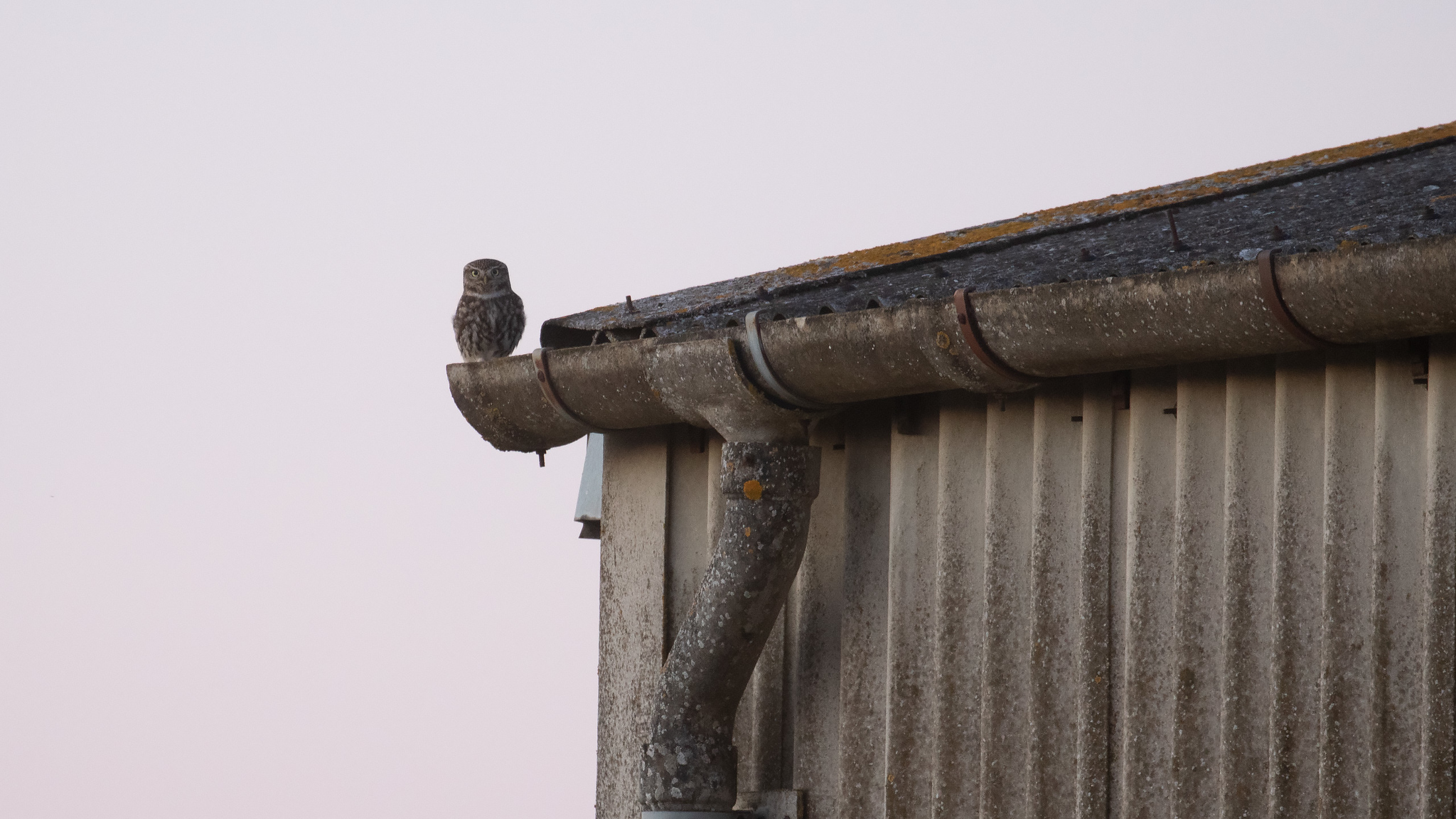
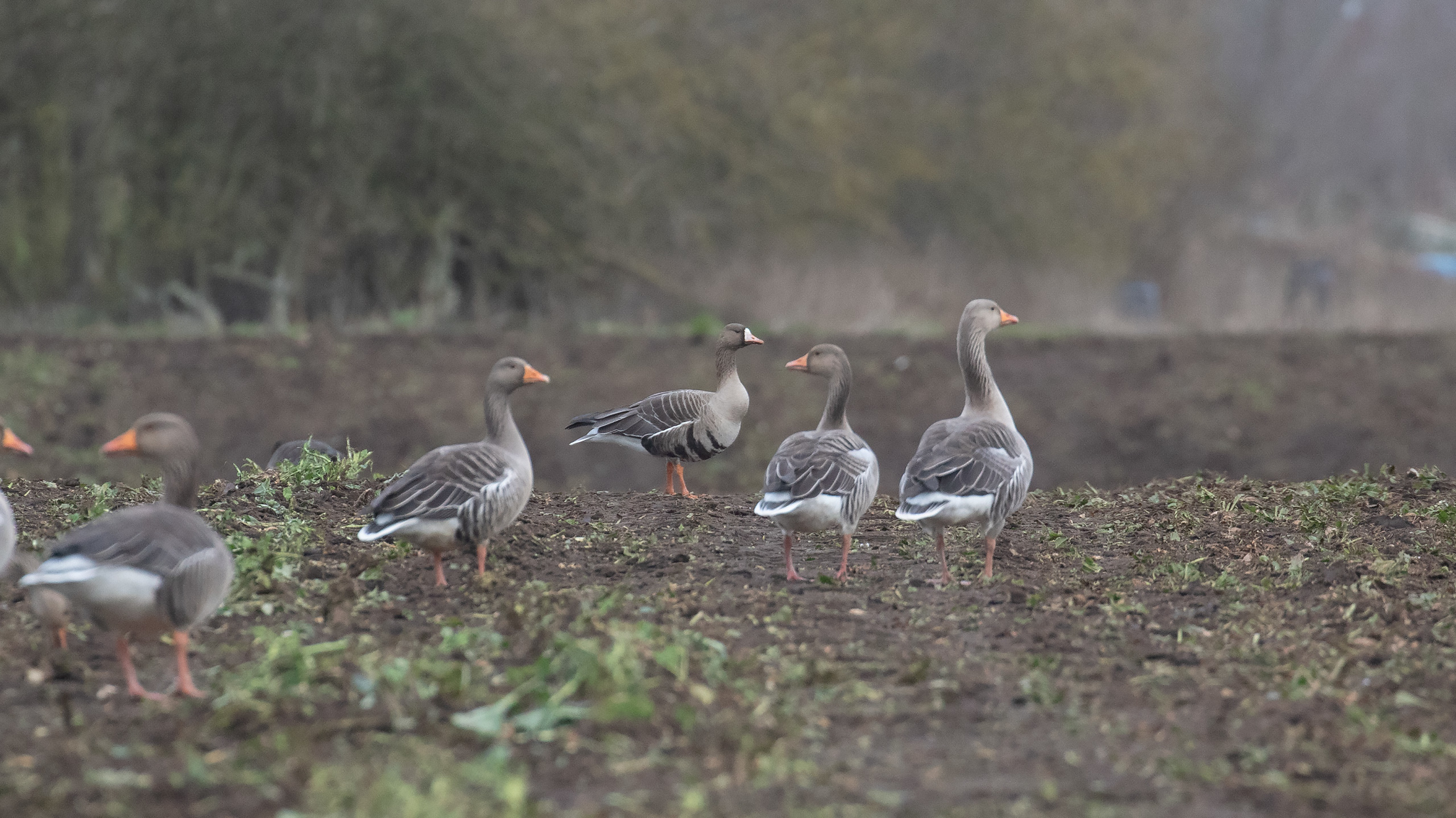
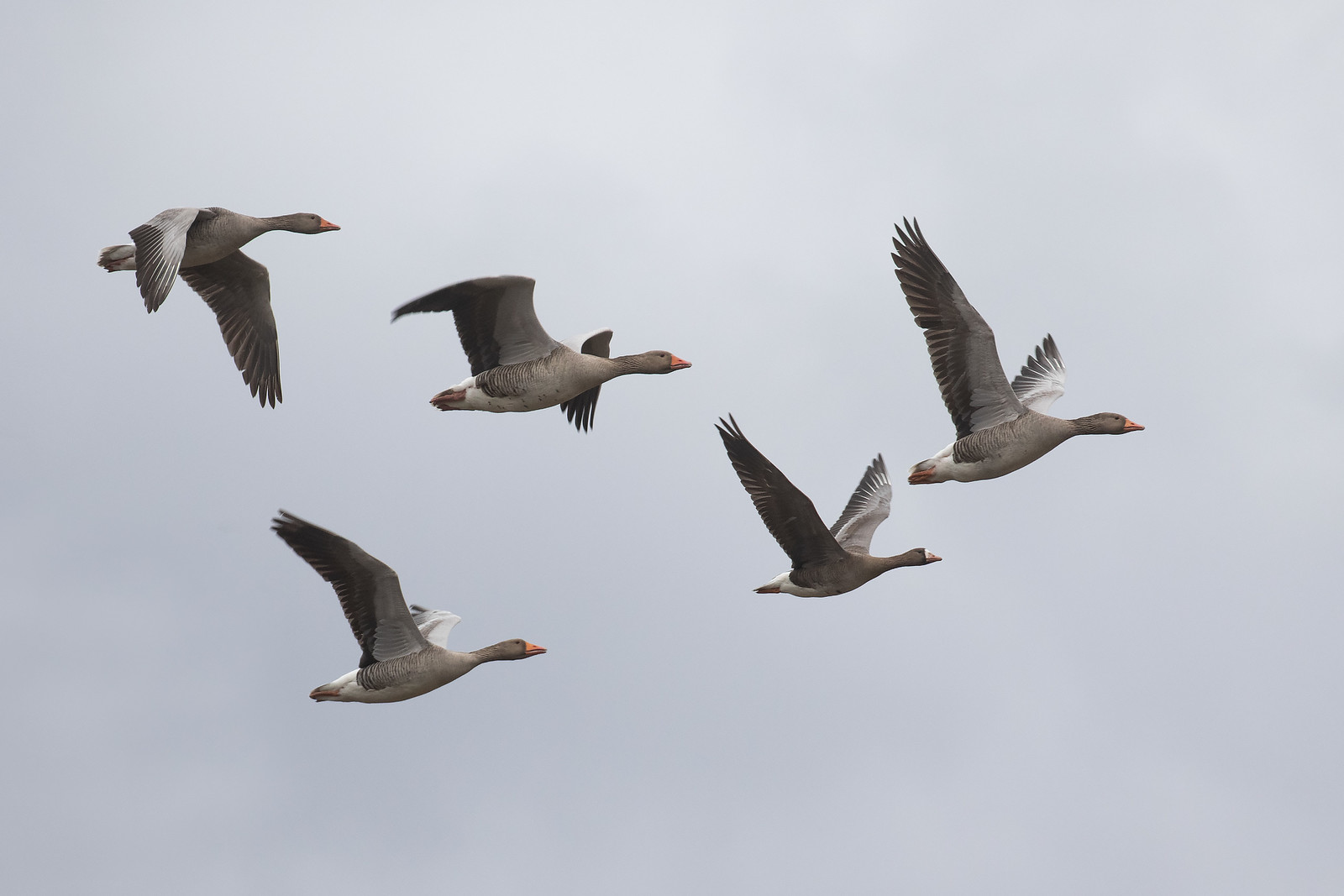
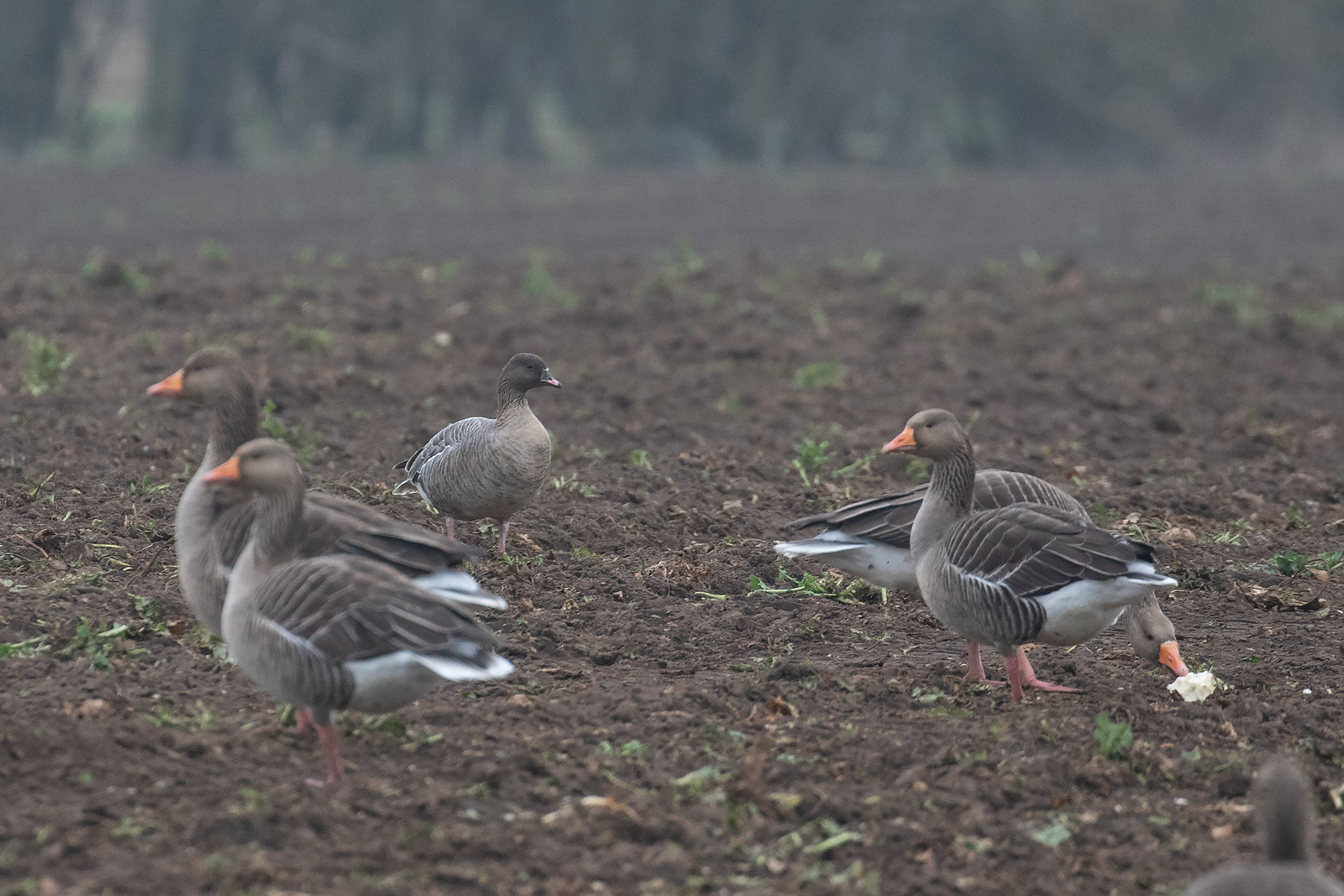
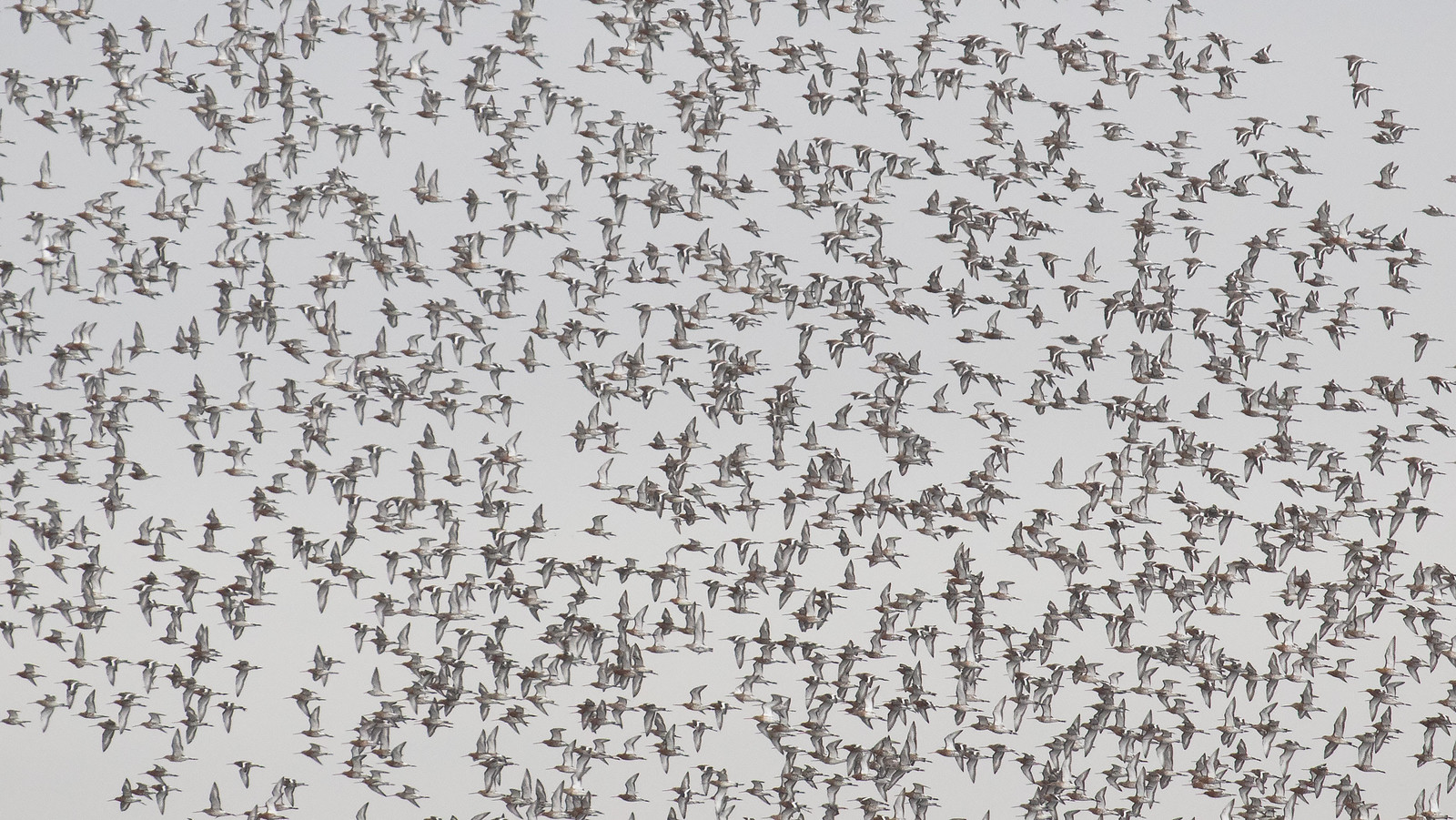
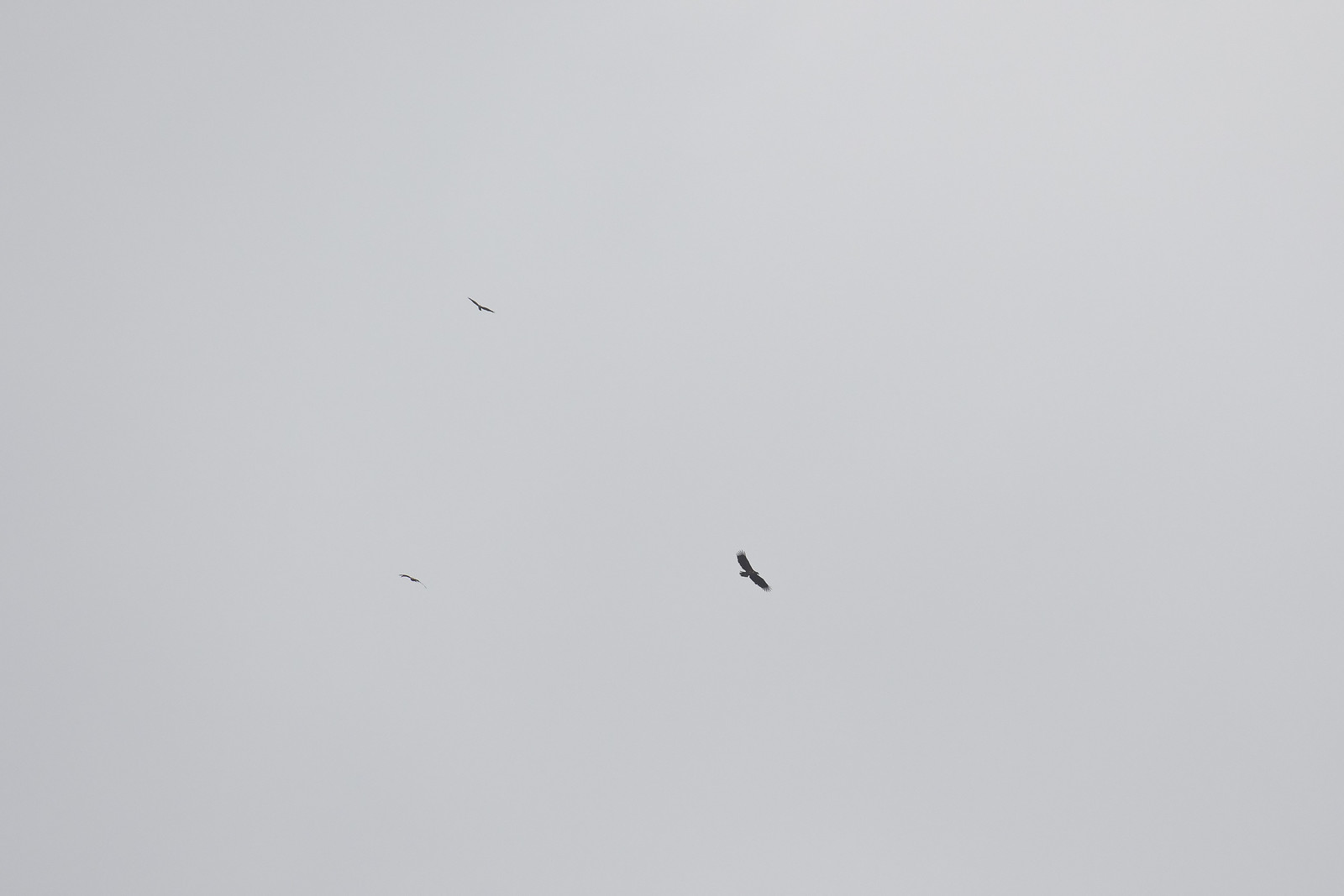
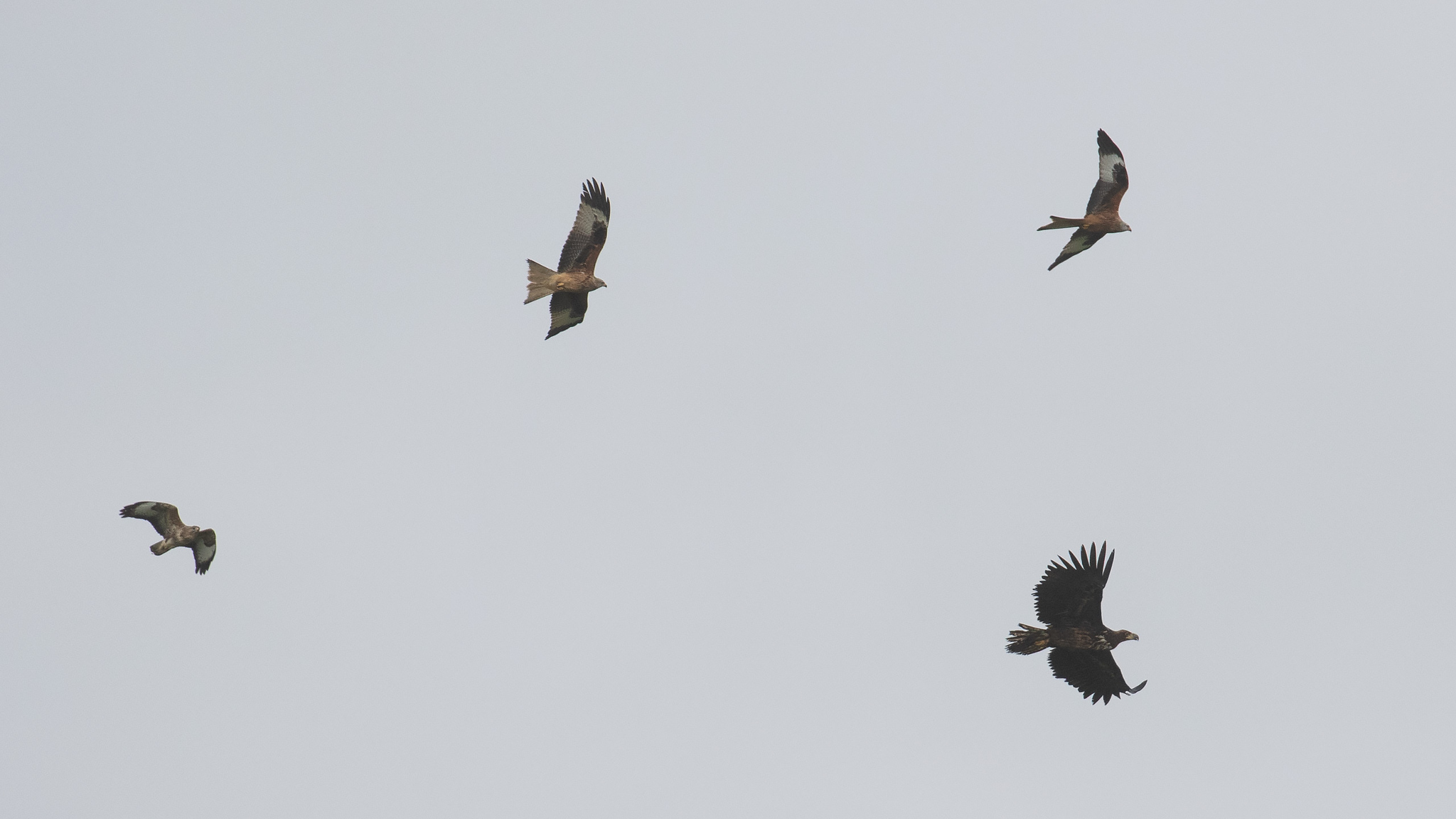
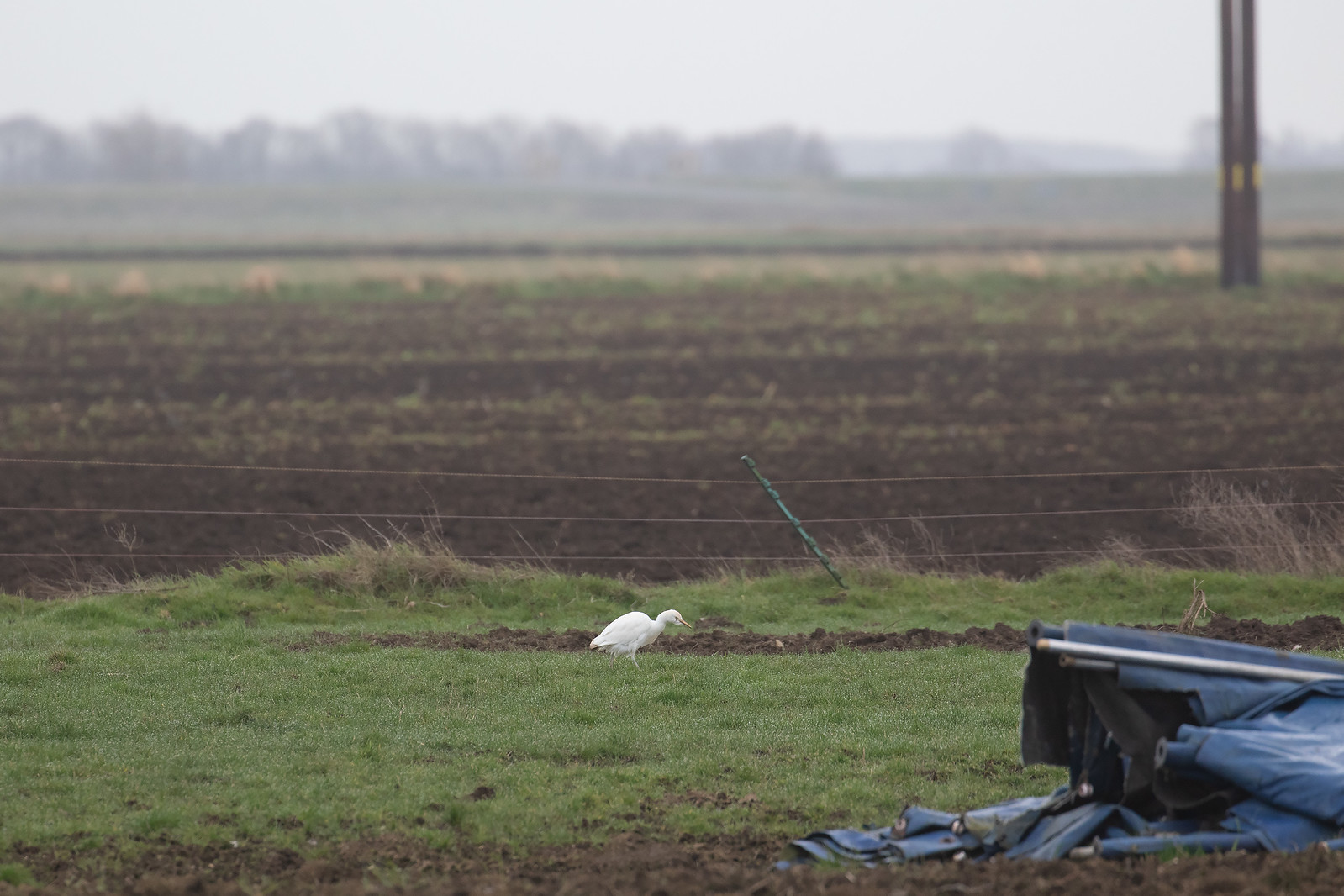
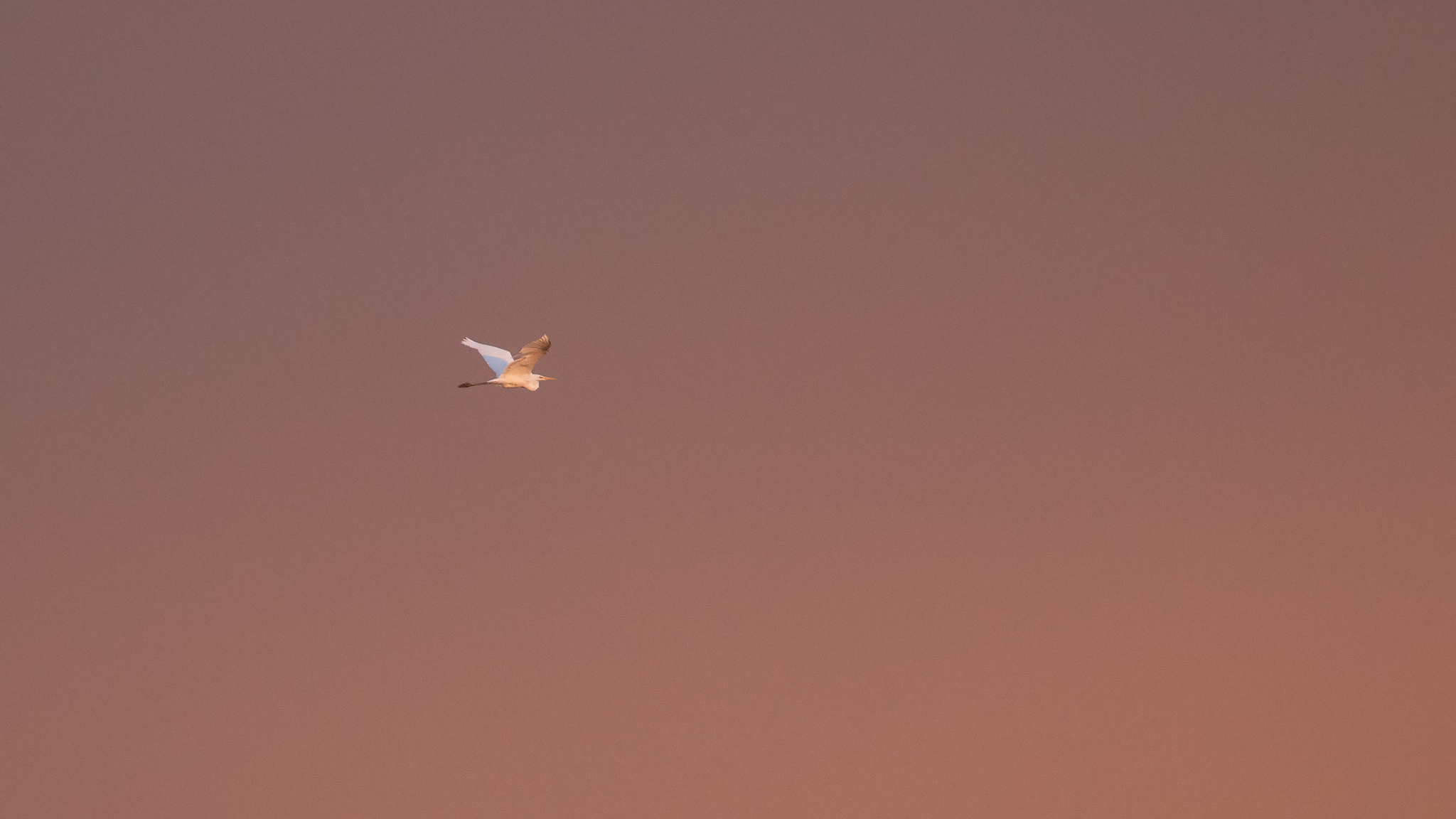
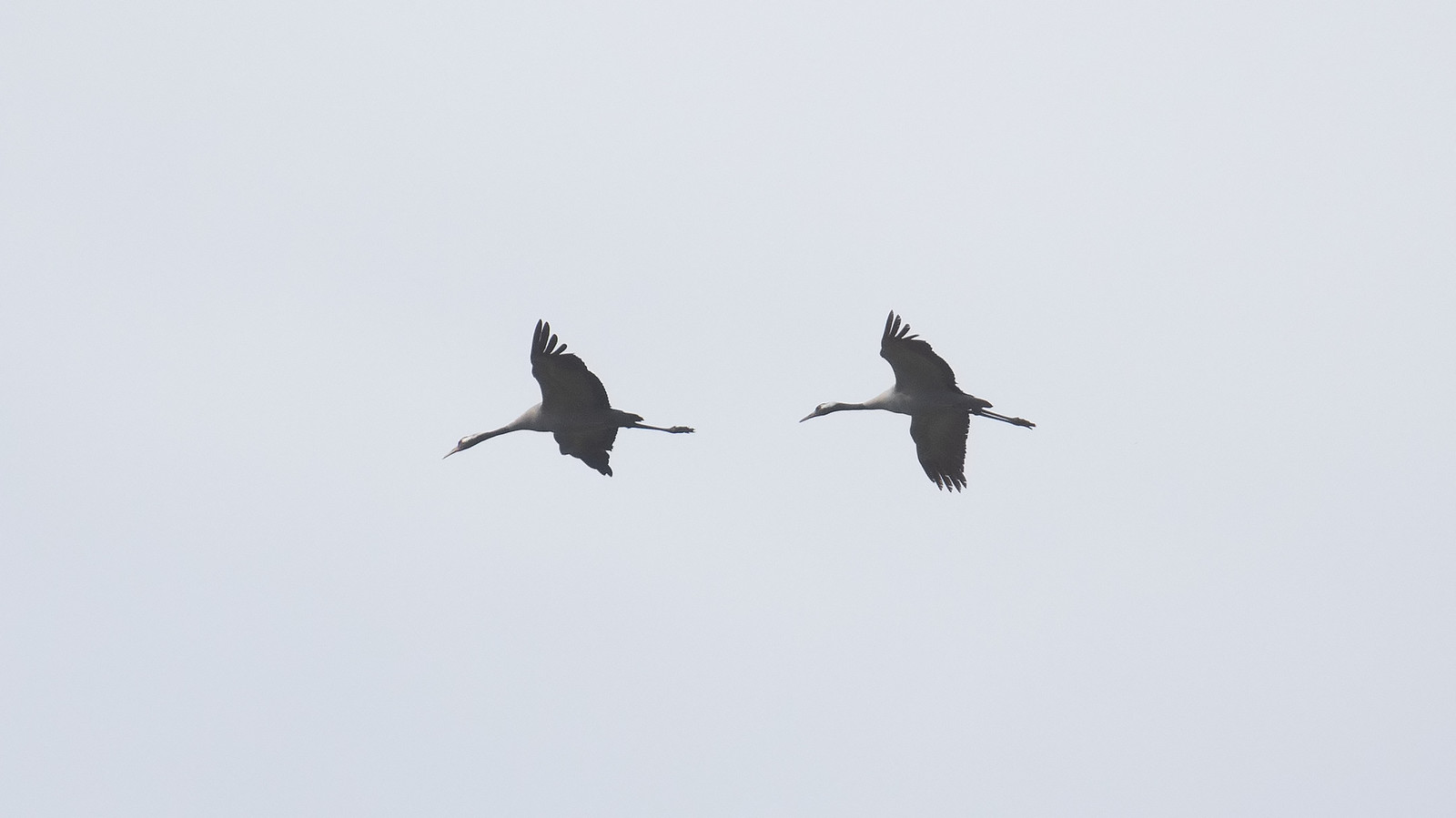
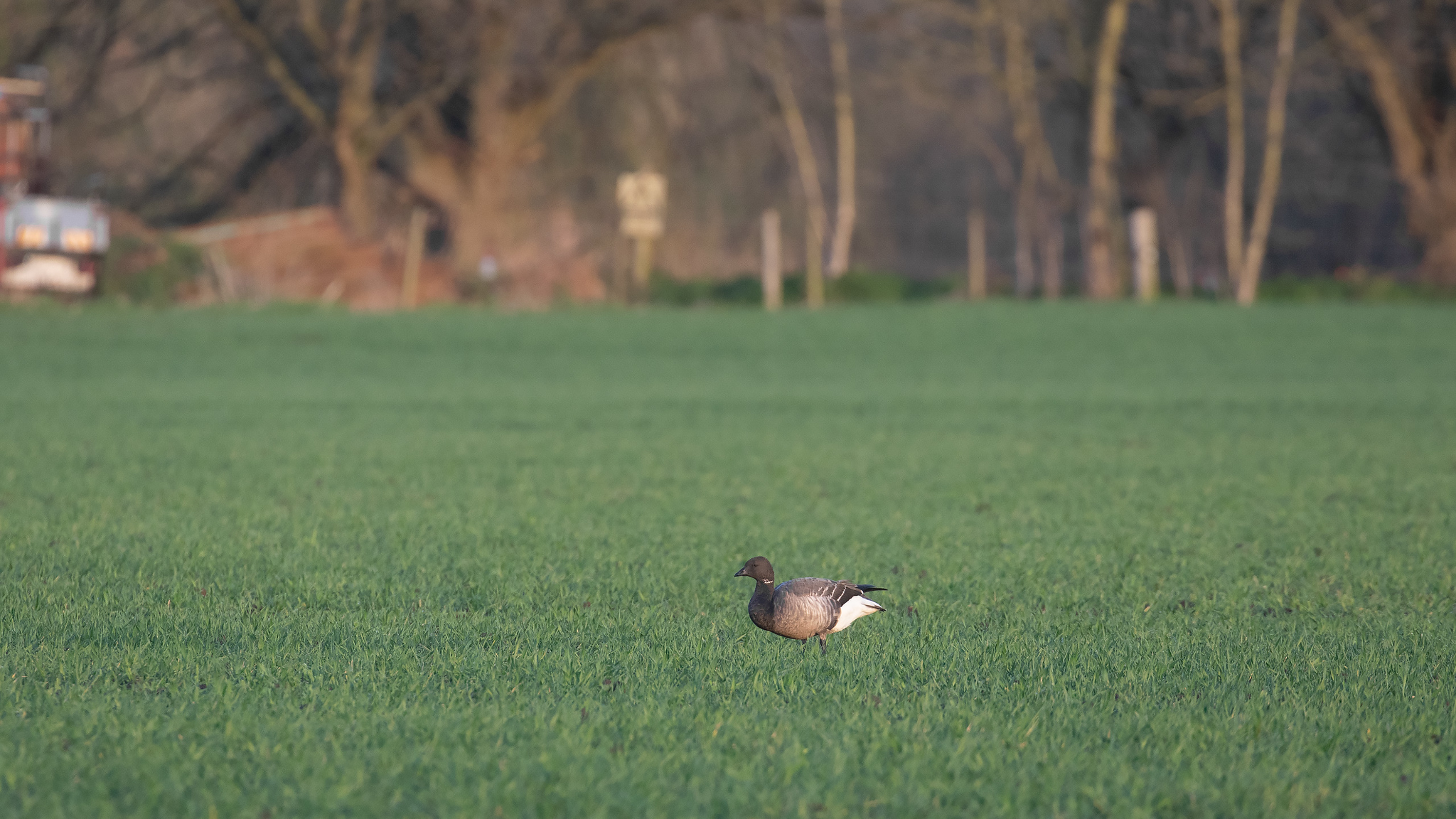
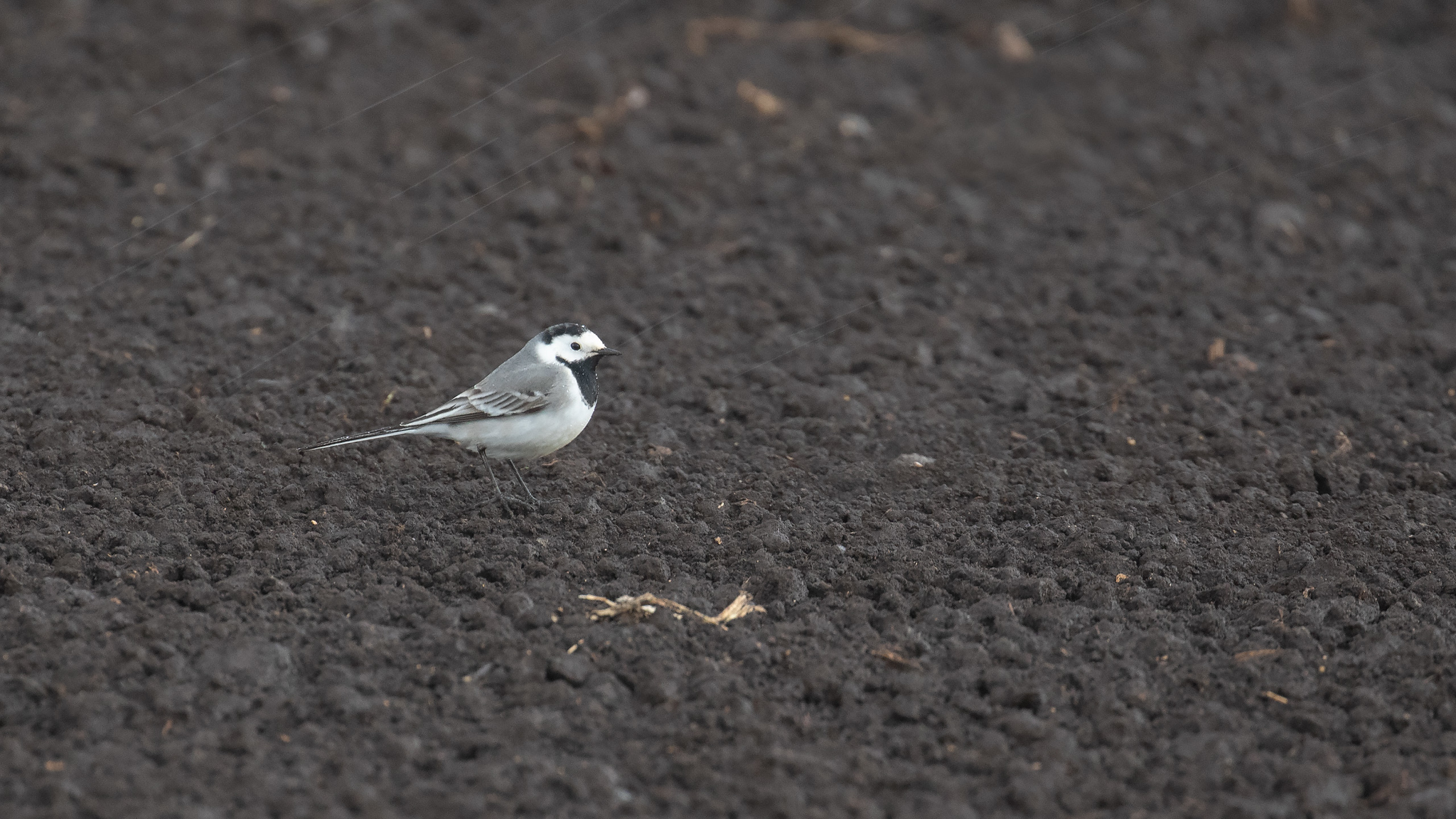
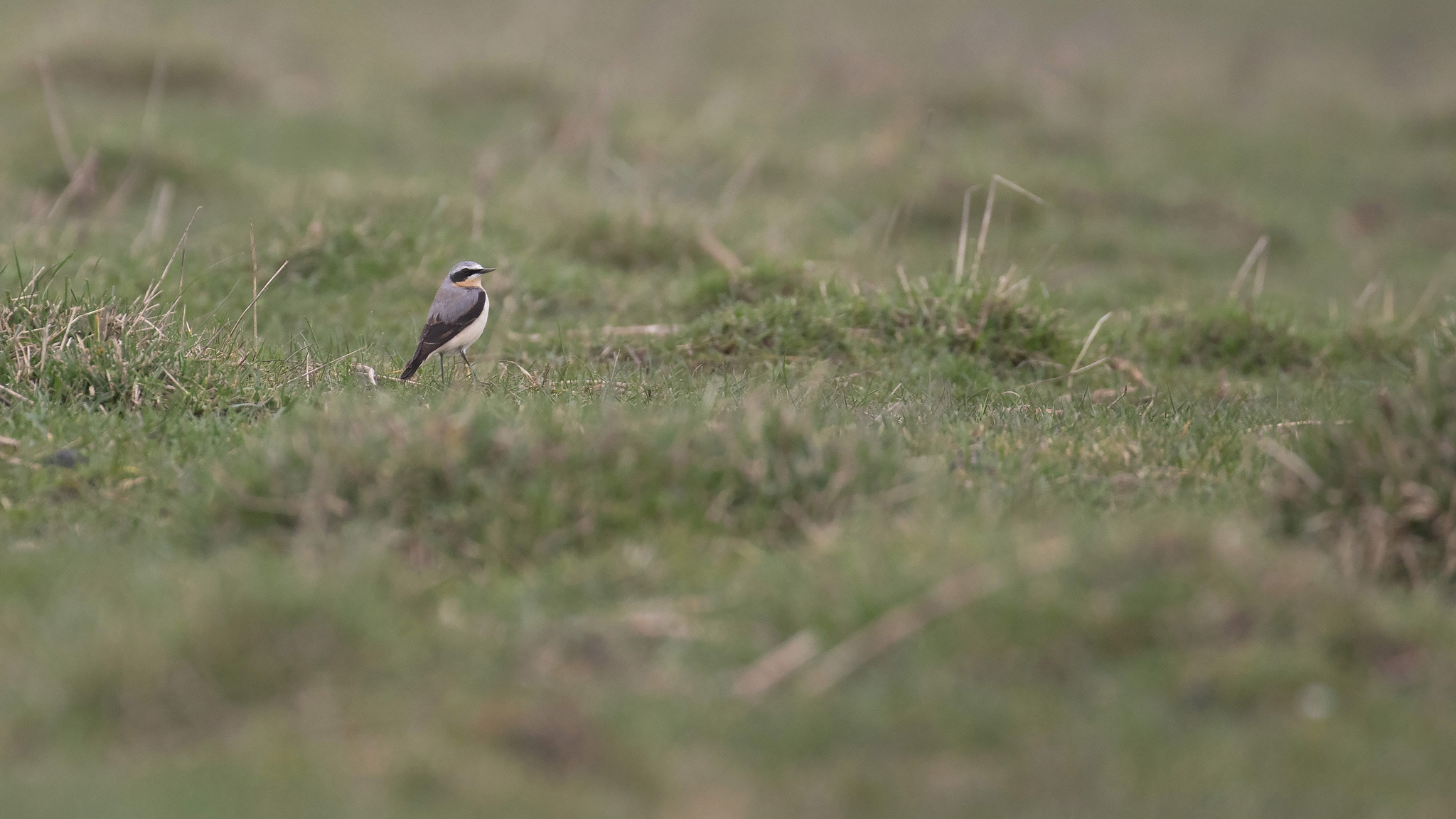
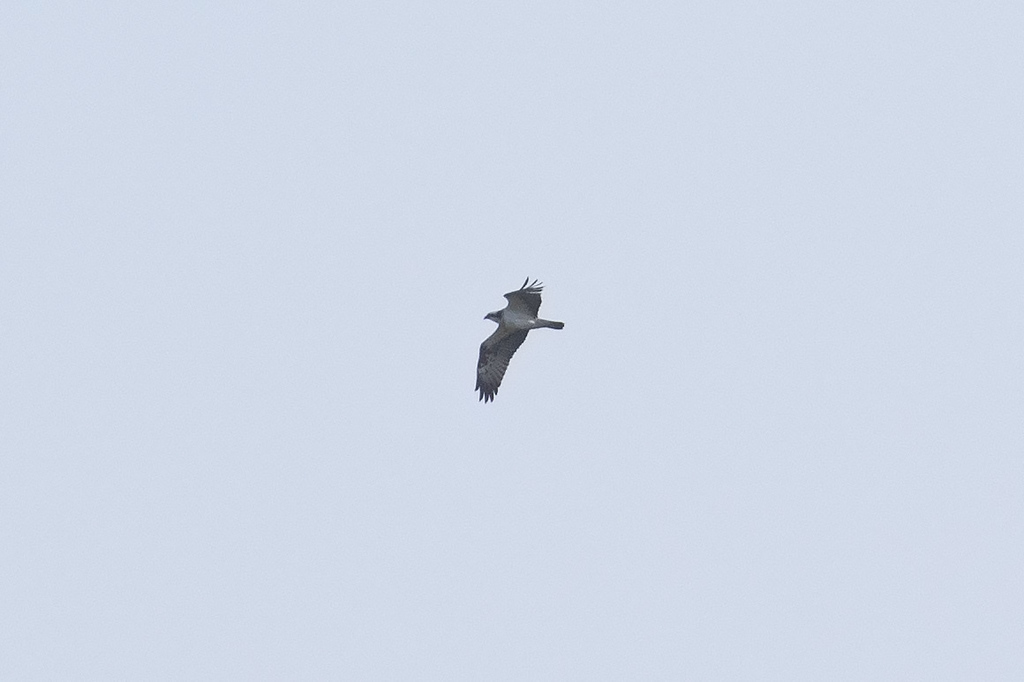
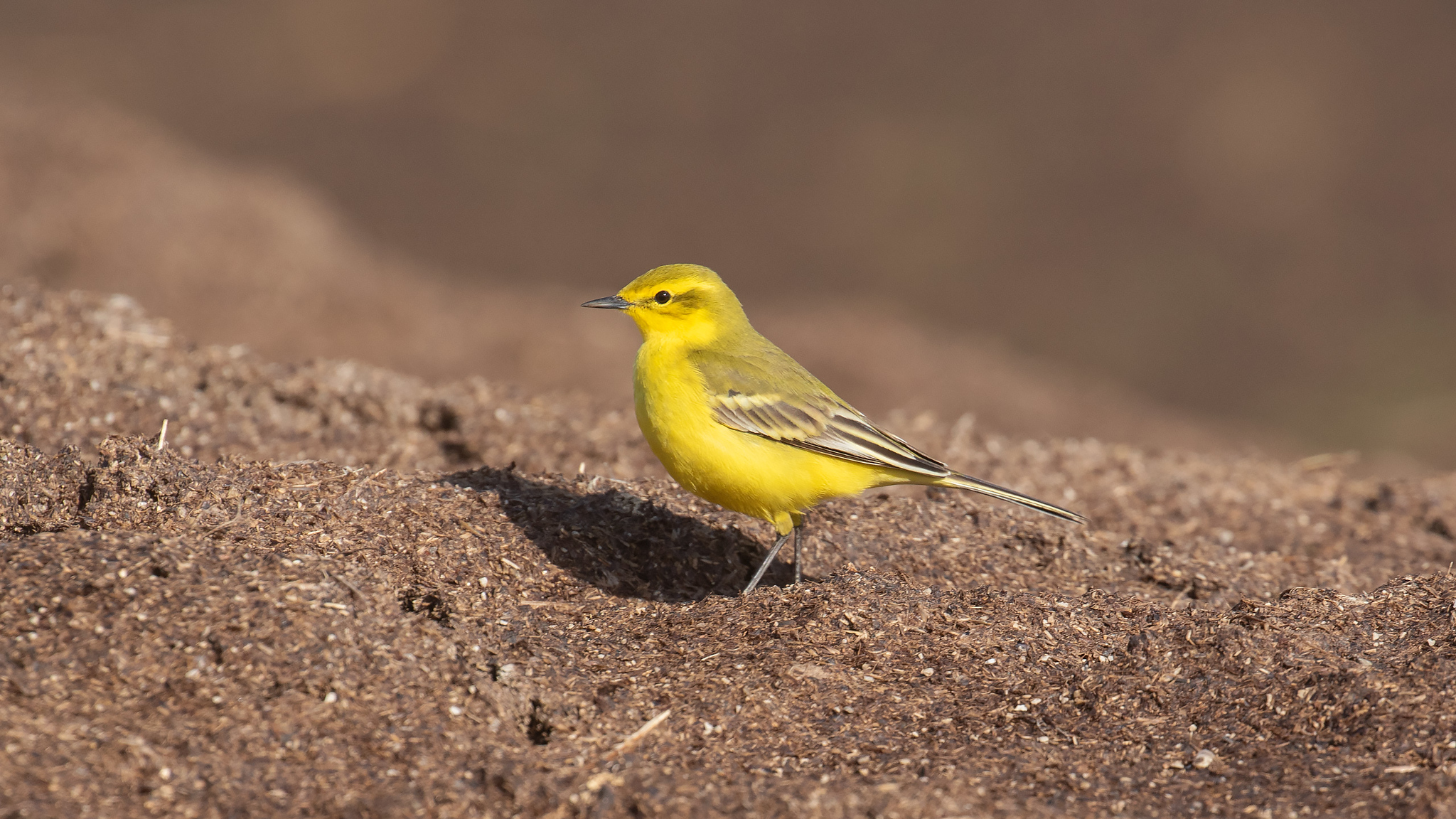
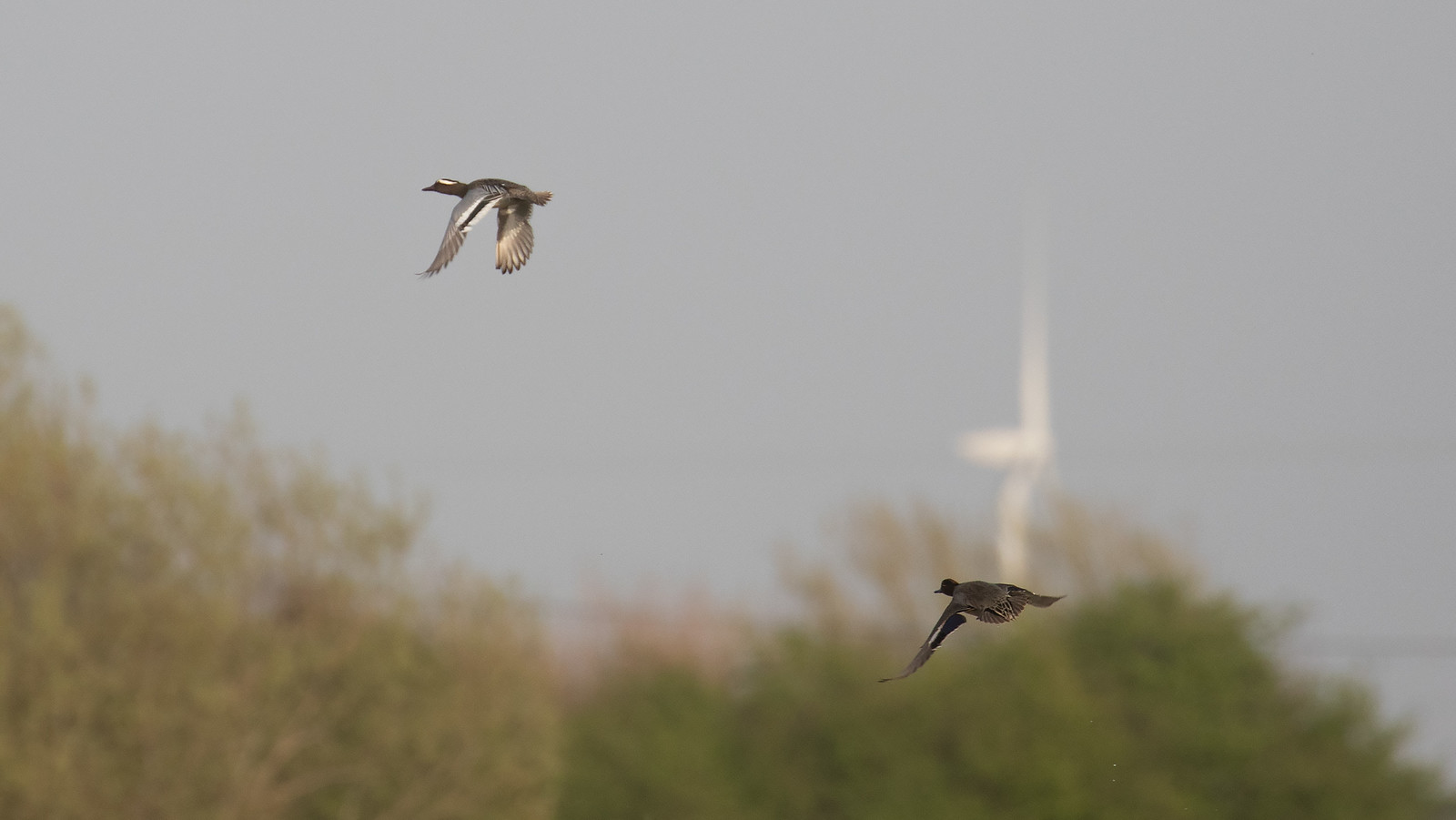
 RSS Feed
RSS Feed